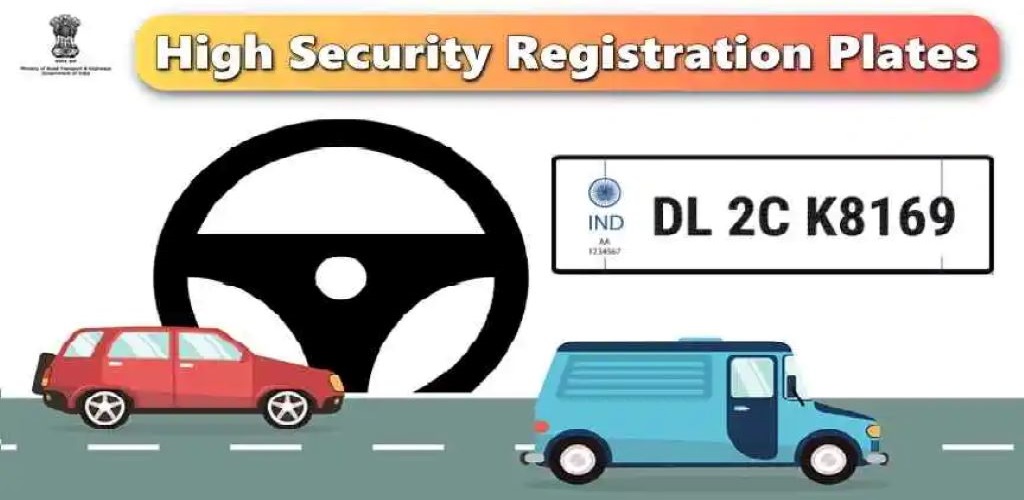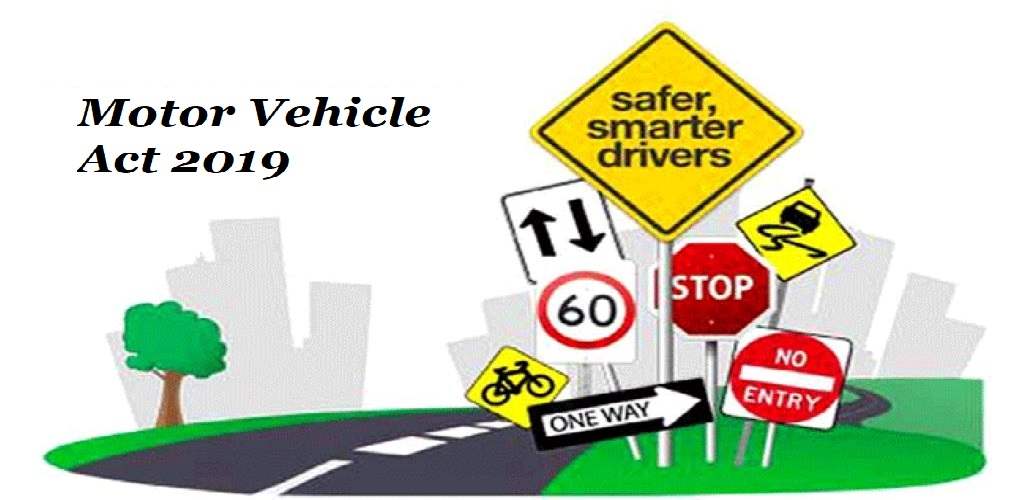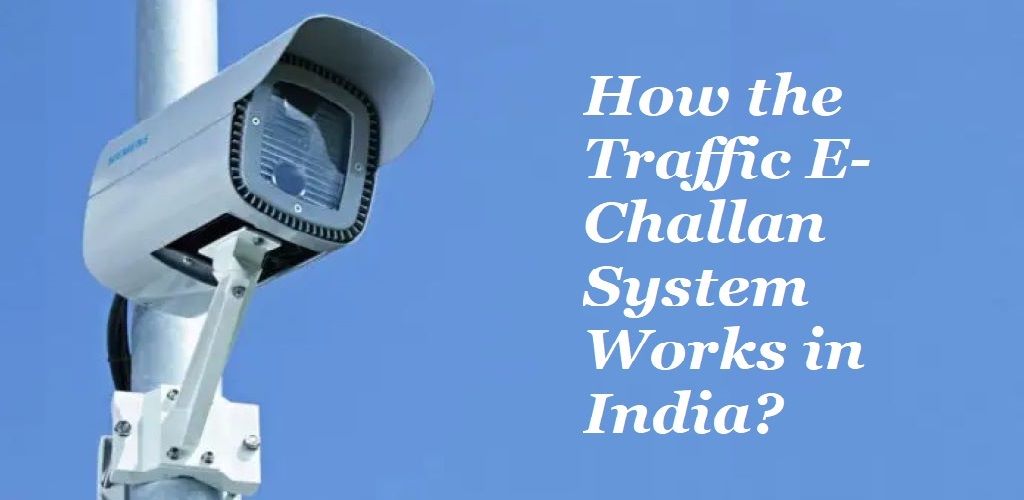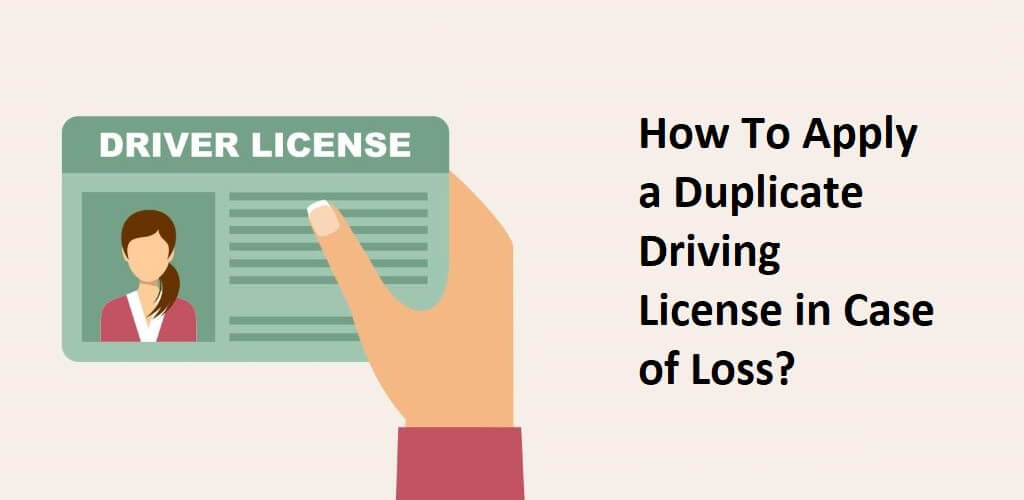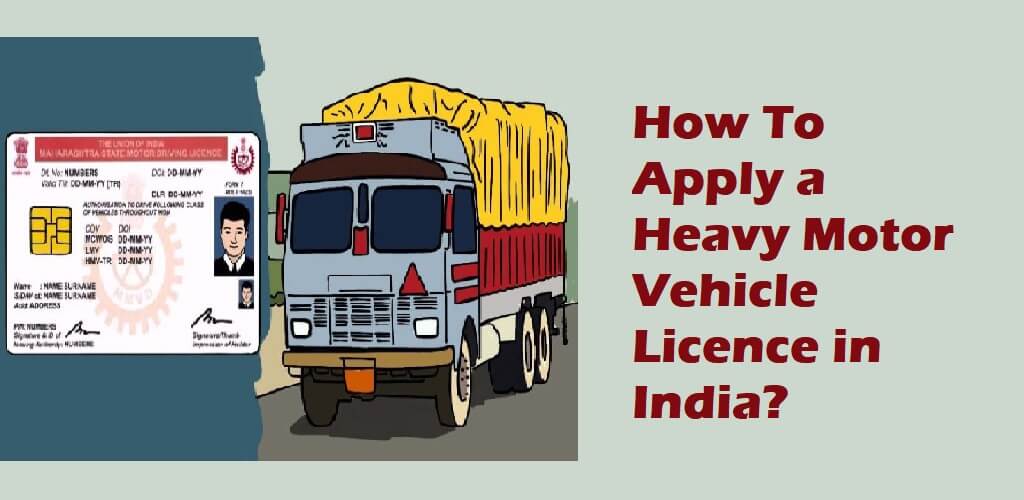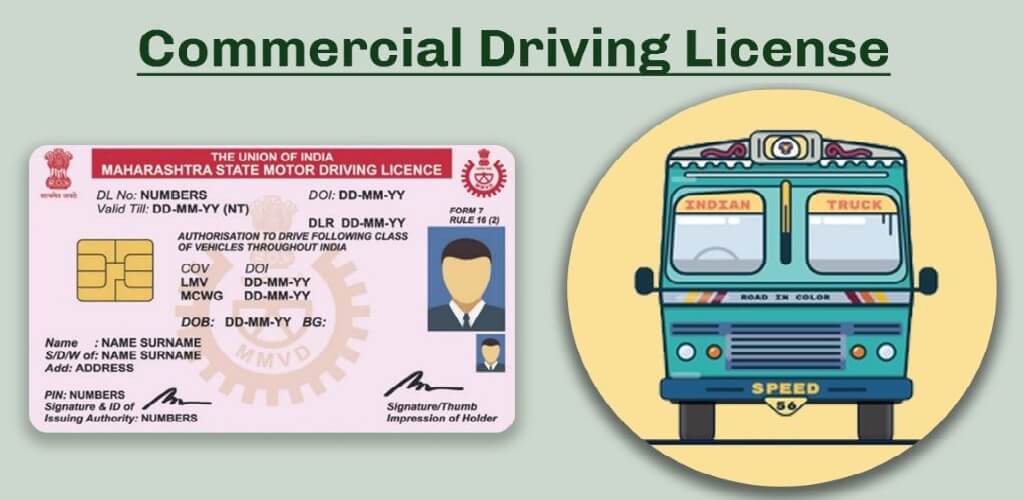In India, if one wants to sell his/her vehicle or wants to move to another city, he/she needs to produce a bunch of documents. A No Objection Certificate (NOC) is one of those essential documents that one needs to obtain to complete the process involved. It is a mandatory document that is required to transfer a vehicle from one jurisdiction authority to another, be it a passenger vehicle or a commercial one, car, or bike. No Objection Certificate is a legal document issued by the Regional Transport Office (RTO) as permission for a release of a concerned vehicle’s jurisdiction authority. A NOC ensures that a vehicle’s registration is cleared from its initial jurisdiction and is open to be registered at any other RTO in the country. The NOC also acts as proof of clearance of all liabilities, such as taxes, dues, Challans, and other dues.
Transfer of a vehicle from one RTO to another can be both within a state and from one state to another. A vehicle qualifies for an intrastate or interstate transfer on a case-to-case basis. It has been found that many vehicle owners do not have a clear idea about NOC, and they face difficulties while selling or transferring their vehicles. It must be noted here that providing NOC is mandatory when filing for vehicle re-registration. Therefore, if anyone wants to sell, purchase, or transfer his/her vehicle from one state to another, he/she needs to have a clear idea about NOC and its nook and corner.
When is a NOC for a vehicle required?
As per the Motor Vehicles Act 1988 (Section 48), it is mandatory to obtain a NOC from the initial RTO of vehicle registration during any one of the following circumstances:
During a transfer of ownership – Ownership of a vehicle is further transferable under the following circumstances as stated given below.
- Vehicle sale/purchase
- Vehicle owner’s demise
- Auction of the vehicle
All these scenarios require the vehicle’s new owner to obtain a NOC from the existing RTO if his/her place of residence comes under the jurisdiction of another RTO. It will thus certify the authenticity of the ownership transfer.
During vehicle re-registration – If a vehicle is under the re-registration process, then it follows a transfer from one RTO to another when moving under the following circumstances:
- One state to another state
- One Union Territory to another
A vehicle owner can also seek to obtain NOC during a change of address from one RTO to another within the same jurisdiction. However, intra-state RTO transfer is not mandatory. Therefore, obtaining a NOC is rare when changing an address in the same state.
How To Apply For a NOC for any Vehicle?
There are several methods through which one can obtain a NOC for his/her vehicle. Check out the following methods.
From one RTO to another:
In case of transferring the vehicle from one RTO to another, one needs to follow the below steps.
- Go to the official website of the RTO, where the vehicle is initially registered in person.
- Fill up Form 28, as mentioned in Section 48 of Chapter IV of the Motor Vehicles Act 1988, to apply for NOC.
- Pay the required fees to obtain NOC for the vehicle. The charges applicable for NOC processing are specified in Rule 81 of the CMV (Central Motor Vehicle) Rules 1989.
- The owner has to make a payment of any taxes due for his/her vehicle for the smooth processing of the NOC application.
- Once the application is completed, the RTO will verify if any other state taxes or dues are pending. They will also check reports from police to confirm a vehicle’s involvement in any illegal or anti-social activities and its ownership.
- If no discrepancy is found, the RTO provides a clearance, thus resulting in the approval of the NOC.
Through Parivahan Online:
Obtaining a NOC has become easier with the involvement of the online method. In that case, the online portal Parivahan, under the Ministry of Road Transport and Highways, is the medium. However, all states cannot apply for a NOC online. Before proceeding, one must check his/her state’s availability for online NOC.
- Go to the official online website of Parivahan.
- Put the registration number of the vehicle and click on the Proceed option.
- Select the ‘Application for No Objection Certificate’ tab on the landing page from the available options.
- On the next page, enter the last five digits of the vehicle’s chassis number.
- After that, provide all the required details as instructed and upload the essential documents.
- Then, one needs to pay the fees as applicable for the concerned RTO.
- Save the application form as well as the acknowledgement receipt so generated, and take a printout.
- Now one needs to submit the application form, the acknowledgement slip, and the required documents in-person to the concerned RTO.
- Once the document verification is done and if no discrepancy is found, one can expect the approval of NOC.
NOC from the bank:
Apart from a NOC from the RTO, one must obtain the same from the concerned bank if the vehicle purchase is financed via a loan to certify complete repayment of the loan amount along with the payment of all dues. The certificate is mandatory to complete the transfer of vehicle ownership at a new RTO in the case of a sale or for re-registration at a new RTO in case the vehicle is moved to a new state.
NOC from NCRB:
Similarly, a NOC from the NCRB (No Crime Record Bureau) is also necessary to ensure that the vehicle has not been involved in any antisocial or criminal activity. With this information on NOC, the vehicle owner can ensure that the process to transfer ownership of his/her vehicle (inter-state or intra-state) can be completed without any hassle.
Documents required to get NOC for a vehicle
The necessary documents are as follows:
- An application form or Form 28.
- An attested copy of the vehicle’s Registration Certificate (RC)
- An attested copy of the vehicle insurance policy
- Up-to-date receipt of tax payments
- A print of the chassis number and its engine number
- A valid Pollution under Control (PUC) certificate
- The vehicle owner’s identification of signature
- Owner’s photo identity proof and address proof
Additional documentary evidence for transport vehicle
- The vehicle is not covered by any permit issued by any transport authority.
- The amount of money agreed upon to be paid by the permit holder, if any, is not pending recovery.
- Evidence of payment of tax on passengers and goods under any law for the time being in force up to the date of application for no objection certificate
Frequently Asked Questions
Obtaining NOC for a vehicle is mandatory during travel from one state to another with the vehicle for more than 3 months. Thus, obtaining the NOC is not required if the travel completes before this duration and the vehicle owner returns to the state where it is registered.
A No Objection Certificate is valid for a maximum of 6 months. Once the certificate is obtained, the vehicle has to be re-registered in the new jurisdiction RTO within those 6 months. If it is not done within that time, the document becomes invalid, and a fresh application has to be made.
The required documents are as follows:
- Original RC from another state
- Form 20
- NOC from previous RTO
- Form 27
- Form 33
- Attested copy of address proof
- Attested copy of the valid driving license of a vehicle owner
- Attested copy of PUC Certificate
- PAN Card, Form 60, or Form 61
- Passport-size photos of the applicant
- Lending bank NOC if the vehicle is under a loan
Obtaining a NOC for a vehicle requires the owner to pay the fees applicable in his/her respective RTO as per Rule 81 of CMV Rules 1989. Usually, the fees payable for such certification remain around Rs. 100.
The regulations also allow the vehicle owner to apply for a refund for the initial road tax paid toward the registration of the vehicle. The deadline to apply for a refund varies in each state, and it can be initiated as soon as one moves to another state or union territory with the NOC. Only the vehicle’s original or first owner is allowed to apply for a refund. One can refer to the guidelines of the local RTO to know about the refund process.


